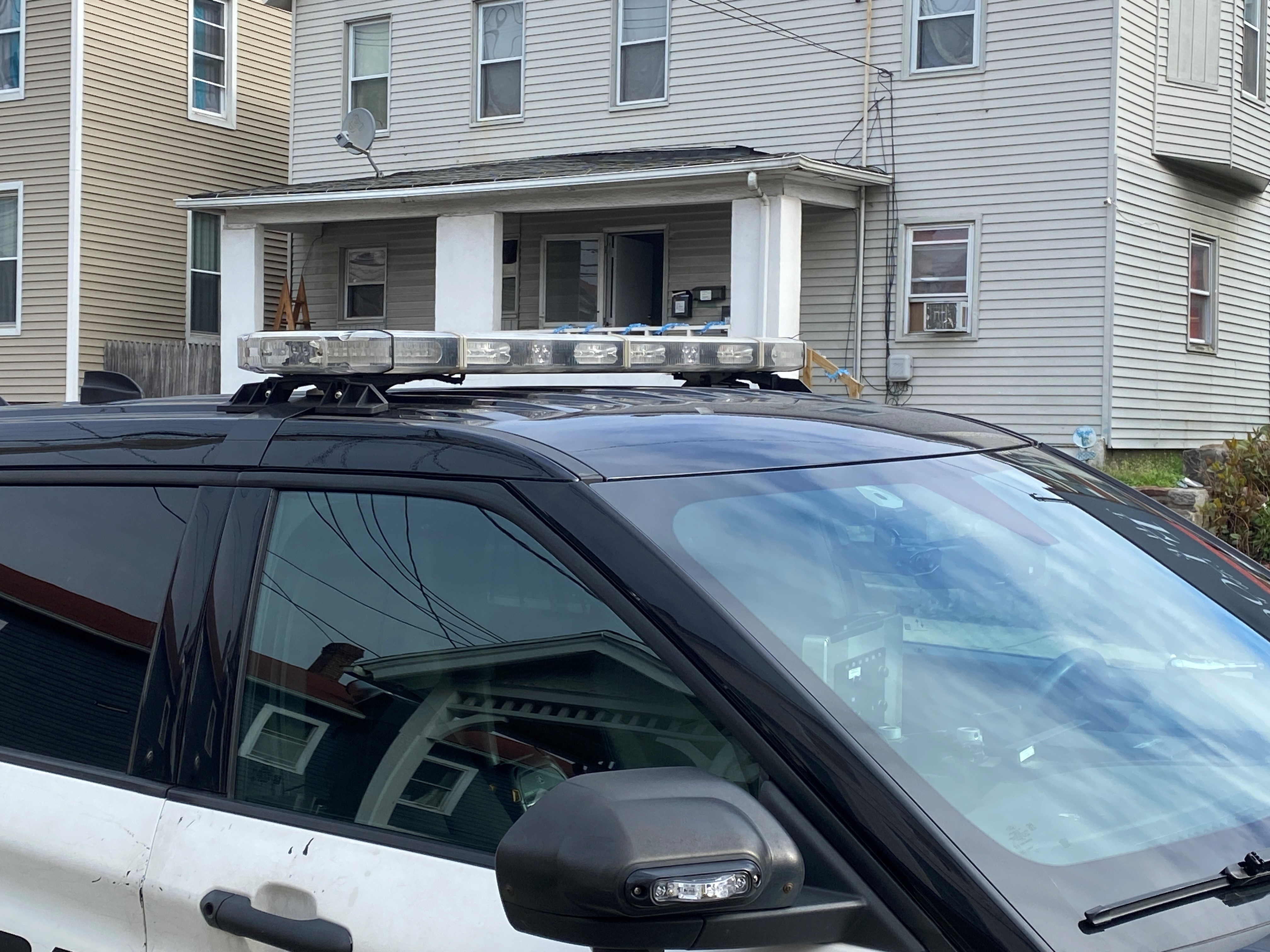Gov. Dannel Malloy has submitted his budget proposal to the state legislature and the $20 billion budget plan for the next fiscal year includes about $200 million in new taxes.
It also assumes $700 million in labor cost savings from state employees and shifts more than $400 million in teacher pension costs to cities and towns.
A statement from Malloy’s office said the budget proposal was designed to encourage fiscal stability and predictability for residents and businesses while building on the progress made in recent years to reduce spending, bolster our economy, and grow jobs.
Malloy is calling for a two-year budget that his office says does not make adjustments to any major tax rates, stays within the spending cap, and grows at a pace well below inflation.
“Together let’s ensure that all Connecticut communities see their fair share of success,” Malloy told lawmakers during his budget address. “Let’s give taxpayers, communities, and businesses more predictability and more sustainability. Let’s have the courage to collectively tackle the challenge of inequity in town aid. Let’s do it so that 10 years from now, no Connecticut city or town needs to levy a mil rate of 35 or more.”
Malloy’s office said his proposal lowers the tax rate on insurance premiums from the current rate of 1.75 percent down to 1.5 percent.
They said it also updates the Education Cost Sharing formula for towns and cities to provide a more equitable, transparent, and fair method of funding the state’s education system and increases funding for Special Education by $10 million and makes it a separate formula grant from ECS to provide more transparency in the actual costs and encouraging school systems to seek Medicaid reimbursement where available in order to ensure that no communities leave federal dollars on the table.
Malloy is also asking towns to contribute to the costs of their employees’ pensions. The state currently pays 100 percent of the employer contribution to the Teachers’ Retirement System and the governor’s proposal asks the municipalities for which they worked to contribute a portion of those costs.
They said the plan also includes “substantial state mandate relief for towns and cities across Connecticut,” providing municipalities with greater flexibility and additional tools for making local government leaner and more cost efficient.
Local
Malloy said his plan also helps the state Department of Housing match every single chronically homeless person to permanent housing (the first state in the nation to do it, funds new technology for law enforcement that will help keep crime at historic lows.



